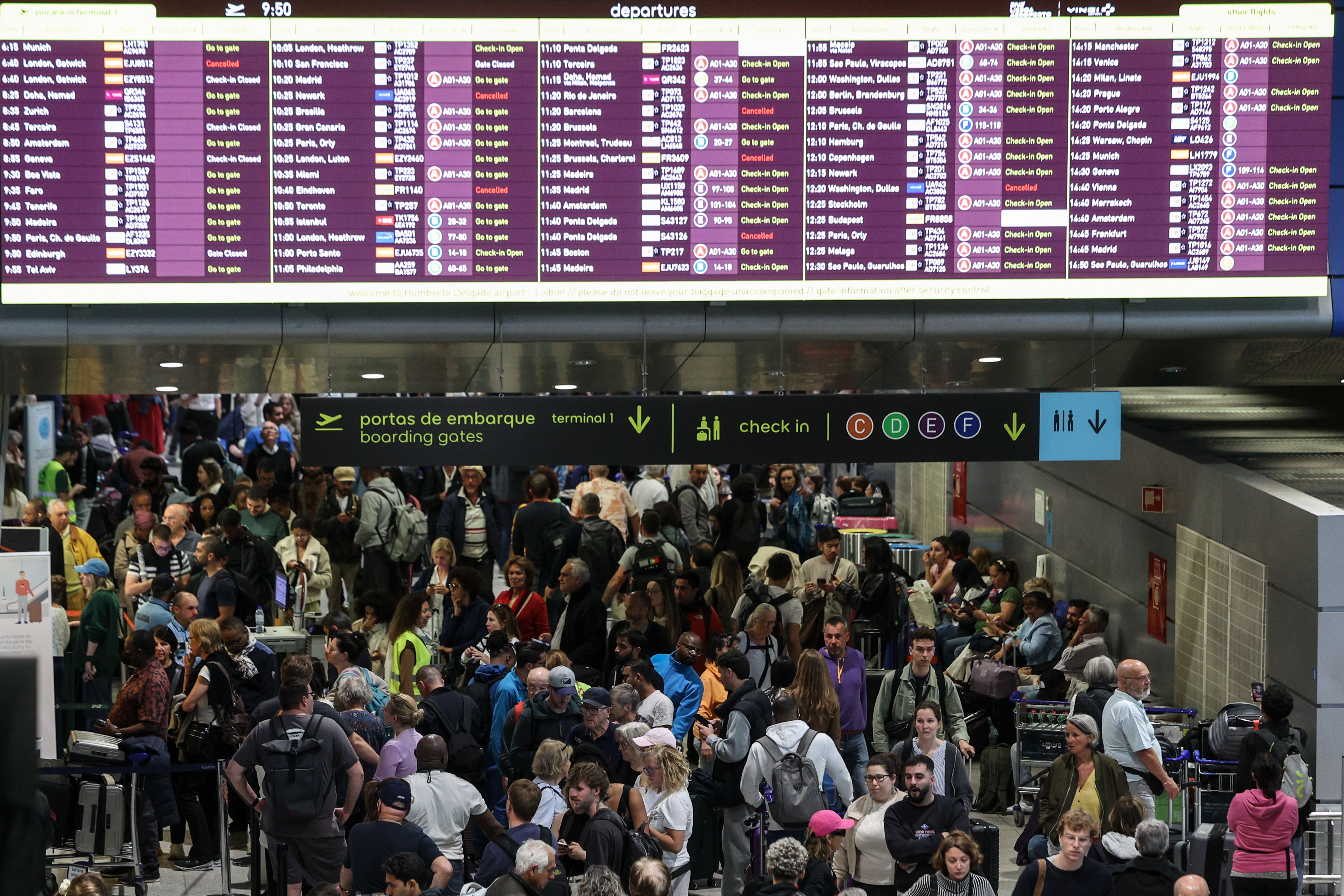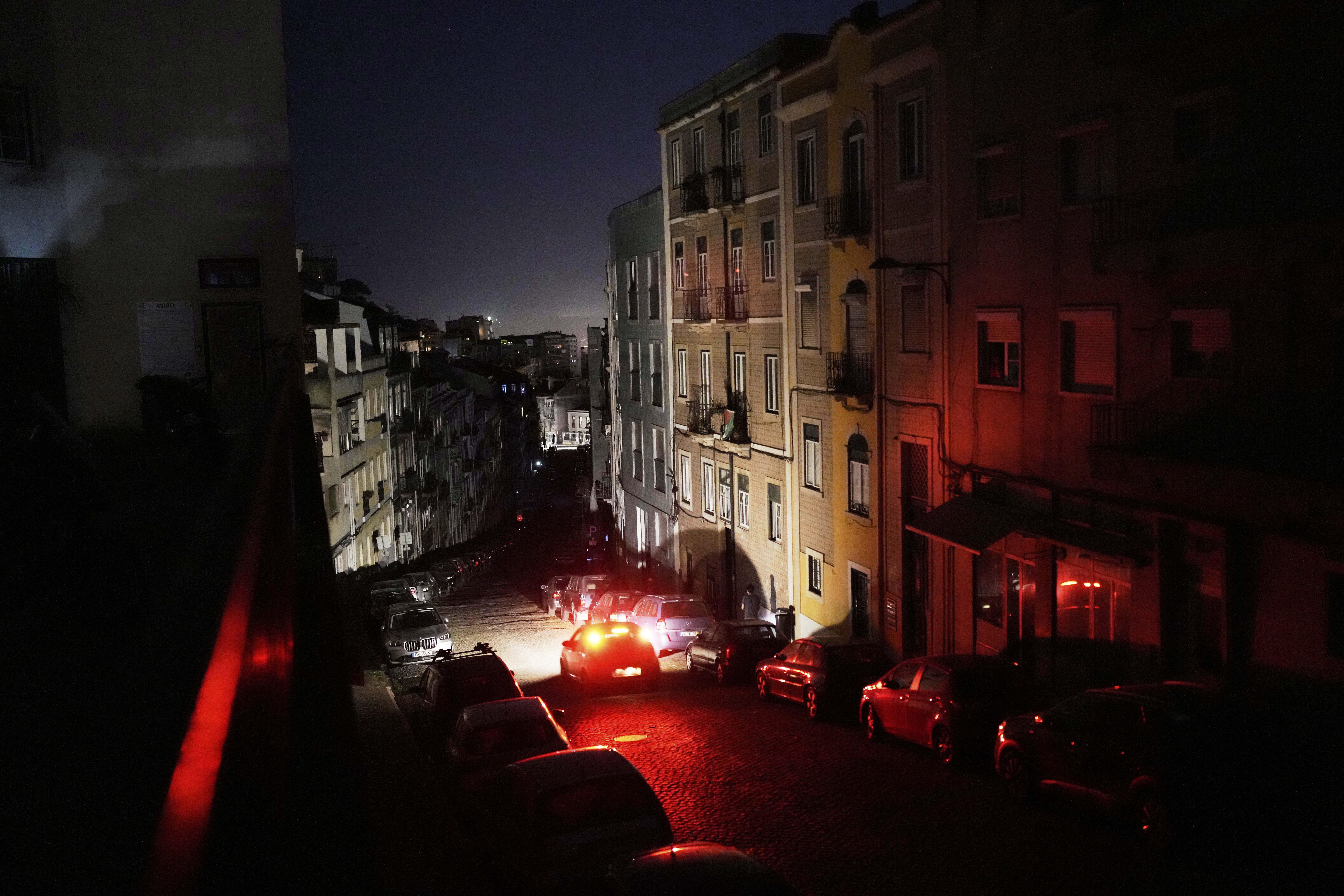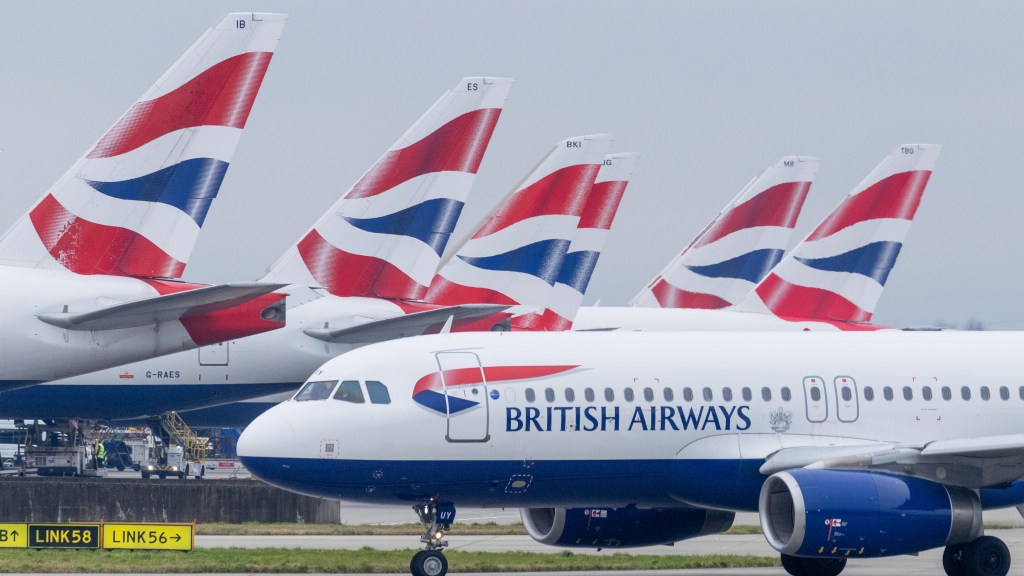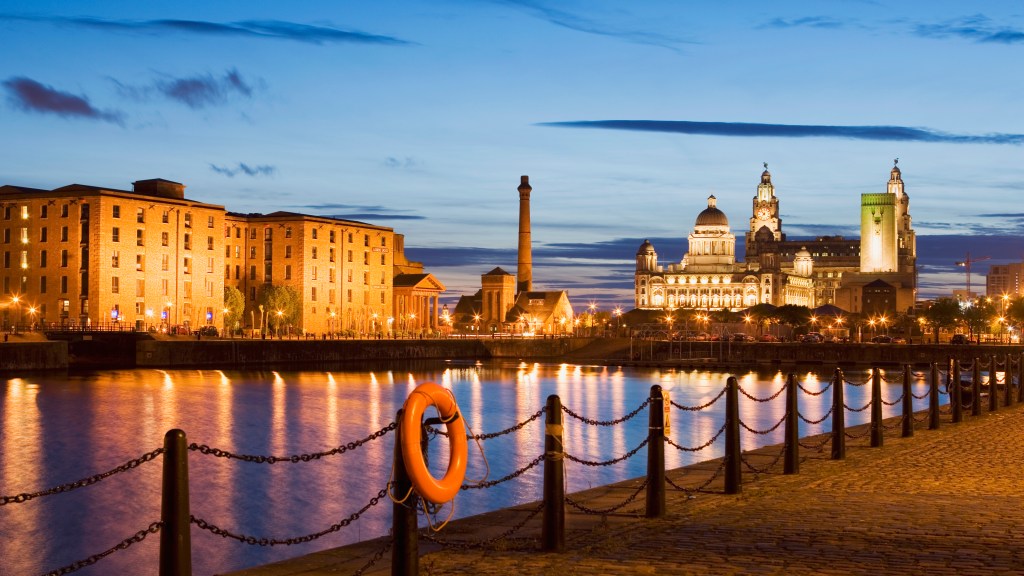British Airways Faces Criticism Amid Power Outage Chaos in Lisbon
Once known for its slogan “To fly, to serve,” British Airways seems to have shifted to a more dismissive motto: “Take our money, but don’t expect assistance in an emergency.”
This became painfully clear on Monday when my friends and I experienced a widespread power outage affecting Spain and Portugal. As the power failure struck in the late morning, it was evident that our scheduled flight from Lisbon to London would be canceled—something everyone recognized except British Airways.
The outage caused a simultaneous failure of most mobile phones and internet connections, halted traffic lights, and created massive gridlock on the roads. Shops and restaurants shut down due to the lack of electricity for service and transactions.
Throughout this turmoil, the only updates we could gather came intermittently when mobile signals allowed us to check foreign news sites.
During these brief moments of connection, there was no news from British Airways. In fact, their website continued to urge passengers to proceed to Lisbon airport as if the flights were still on schedule.

In contrast, other airlines were proactive in responding to the crisis. TAP Air Portugal instructed its customers to avoid the airport, while easyJet provided complimentary transfers to alternative flights. From British Airways, however, we experienced a complete lack of communication.
Our group, temporarily based in a coastal town south of Lisbon, managed to secure a taxi into the capital, where the full extent of the blackout became evident. The primary route to the airport had been blocked, and many travelers resorted to exiting taxis on the highway and making a last-minute walk to the terminals, with some vehicles left abandoned along the road.
Outside the airport, thousands gathered, desperate for shade, unable to purchase water or access facilities. Airport security was working to manage the situation as best they could, and one policeman who learned British Airways was still sending passengers to the airport could only laugh. “There are no lights, no passenger lists, no computers. No flights are leaving today,” he explained.
Despite obvious conditions suggesting that all flights were grounded, British Airways kept delaying our flight. It wasn’t until 7 PM, nearly eight hours after the blackout began, that they officially canceled it. Fortunately, we discovered Wi-Fi at the Meliá airport hotel, which utilized solar energy to power essential services. The staff there were outstanding—kind and patient, allowing hundreds of distressed travelers to purchase food, water, access the internet, and use restrooms. Strangers aided each other by sharing phone batteries, chargers, and snacks.
When flights face cancellation or significant delays, airlines should provide food, drinks, and assistance with booking alternate transportation or accommodations. However, British Airways sent us an email declaring they would not arrange hotel accommodations and advised us to secure our own, promising reimbursement later. This would have been much simpler if they had followed the lead of other airlines and canceled earlier, instead waiting until it was almost dark, when most local hotels were fully booked.
In travel emergencies, it’s reasonable to expect help and guidance from your airline, which should have a better grasp of logistics, including when an airport might reopen or where travelers can find a place to stay in an unfamiliar location.
However, when we reached out to a family member in the UK to call British Airways and its partner, BA Holidays, for assistance, they were firmly told that it was our responsibility to resolve the accommodation issue. The same lack of support was echoed when we finally managed to reach the airline by phone late in the evening.
After considerable effort, we found a hotel room shortly before midnight, but not without enduring an hour and 20-minute trek through an unfamiliar city, dragging our luggage in the dark, with no streetlights and shaky phone signal. It was a challenging journey that I wouldn’t want to undertake alone.

We managed to navigate the chaotic airport scenario due to our mobility and technical skills, utilizing the limited Wi-Fi to look for accommodation. For elderly passengers, individuals with disabilities, or families with young children, this situation would have posed far greater challenges—did British Airways abandon them as well?
The unforeseen power outage was clearly beyond any airline’s control, but the varying responses from different carriers revealed their true commitment to customer service.
After catching up on sleep and breakfast the following morning, I asked my travel companions to sum up their sentiments regarding British Airways’ treatment during this ordeal. Their assessment was one of “disdain.”
In a statement, British Airways noted: “The power outage was entirely out of our control, and we made every effort to get flights to and from Lisbon because we understand how important our customers’ travel plans are.
“We made the difficult decision to cancel two services as soon as it became clear that it wouldn’t be feasible to operate them. We apologize to the affected customers and contacted them immediately to provide options for rebooking or refunds.”
As life in Lisbon gradually returned to normal, flights began departing from the airport. We are scheduled to leave this evening, assuming everything proceeds as planned. It served as a stark reminder for us millennials about how vulnerable card payments and digital wallets can be when systems fail, as we replenished our cash supply now that the ATMs were once again operational.




Post Comment